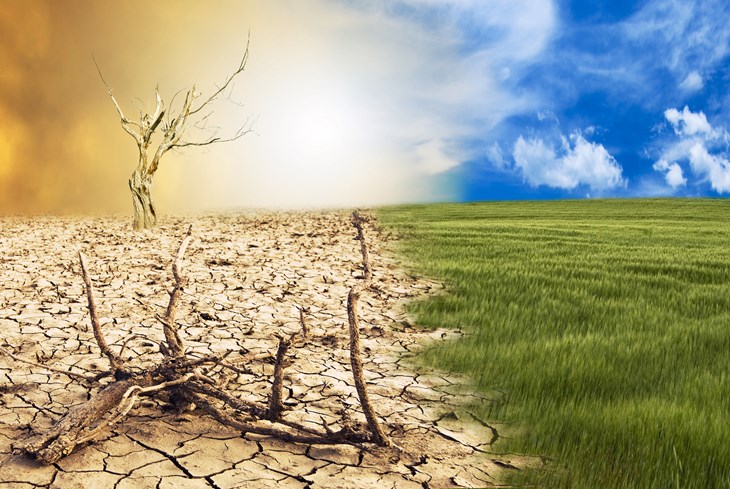Published 03/05/2019
All around the world the message for action on climate change is loud, clear and urgent.

This is an emergency
From Greta Thunberg, the 16 year old climate campaigner who inspired the international youth movement of ‘School Strike for Climate’, to the Extinction Rebellion protests raising awareness on the state of climate emergency; thousands of people have taken to the streets urging governments and policy makers to listen to the scientists and take immediate action.
Prominent environmentalists share the same thoughts. In his BBC documentary, Climate Change – The Facts, Sir David Attenborough comments that climate change is one of the greatest threats humanity has ever faced. To prevent catastrophic biodiversity loss and the collapse of societies, we need to move towards a more environmentally sustainable alternative rather than ‘continue business as usual’.
The science backs it up
On the scientific front, the message is no different. Multiple intergovernmental bodies, including the United Nations (UN), report on the unsustainability of the environmental status quo and the need for immediate action on a global level to achieve a healthier planet with healthier people. Recently, the Intergovernmental Panel on Climate Change (IPCC) - the UN body responsible for assessing the science related to Climate Change - published the Global Warming of 1.5oC report which instructs that, in order to avoid a climate breakdown, we need to keep global warming under 1.5oC by drastically reducing Greenhouse Gas (GHG) emissions and improving carbon absorption.
Stop the machine
Deforestation is the second major cause of climate change. The Earth’s natural ‘carbon sinks’ (e.g. rainforests) that regulate the atmosphere are being depleted to support the machine of a meat-intensive food system. This translates to the unsustainable use of global agricultural land to produce animal feed, soil degradation, biodiversity loss, and polluting factory farms that generate high GHG emissions and promote immense animal suffering. Such practices are not only unsustainable but brutally harm many of the world’s poorest and most vulnerable communities.
And, yet, we sustain this machine! Even now, when we are urged more than ever to stop it, not only for the planet but also for human and animal health. Last month, the new Global Burden of Disease study concluded that sub-optimal diets are responsible for more deaths than any other risks globally, including tobacco smoking. With the global intake of processed meat being 90% higher than the optimal intake, the study presents growing evidence that shifting from unhealthy animal-based foods to healthy plant-based foods is associated with better human health. It also highlights the urgent need for co-ordinated global efforts to improve the quality of human diets.
Similarly, the British Veterinary Association (BVA), published the Less and better is the key to sustainability report suggesting that vets should be encouraging people to eat less meat, cheese and other animal-derived products. They refer to this as the ‘less and better’ approach which entails greater consumption of plant-based foods and protein, with fewer but healthier and happier animals with better productivity.
Global problems call for global measures
With clear messages for change and calls for immediate action from all directions, the time has come to acknowledge the global problem of our food system and address it accordingly. We have been sustaining a machine that damages the planet, effects human health globally and condemns hundreds of millions of animals to lifelong suffering. We should be aiming at reducing overall consumption of meat, fish, eggs and dairy as well as diversifying our sources of protein.
We call on governments, policy makers and business leaders of the world to reach a Global Agreement on policies that will end factory farming and replace it with post-industrial, sustainable agriculture, producing fair food for all.
Philip Lymbery, our CEO, took our ask for a Global Agreement to the UN Environment Assembly earlier this year, stressing the emergency of the situation. “This is a planetary crisis. Heads of states, policy makers and business leaders need to re-evaluate and change our food system no matter how hard or inconvenient it is” Philip commented. “Time is running out and it is our job to remind them; for the planet, animals and people”.
Find out how you can switch to a more plant-based, higher quality and higher welfare diet. Help stop the machine of factory farming.
